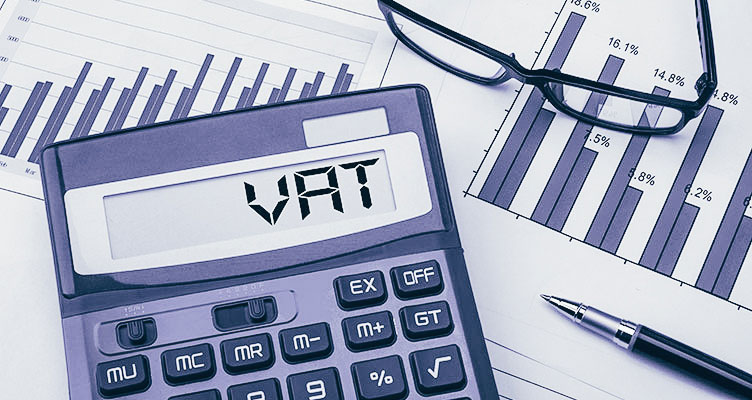

Recent Changes to the VAT Registration Process
by Taxkey Sep 3, 2019 Business Taxation VATRevenue is introducing a new two-tier VAT registration system, whereby a trader can apply for a ‘domestic-only’ registration or an ‘intra-EU’ registration. The new registration process took effect from 15 June 2019.
The purpose of the new system is to help speed up VAT registration applications for business whilst also protecting against fraudulent traders obtaining VAT numbers that would allow them to buy-in goods or services from abroad VAT-free.
An applicant registering for VAT can decide whether to apply for a “domestic-only” registration or an “intra-EU” registration. Under the new system, applicants must specify which VAT registration is being applied for.
A simplified registration process applies for domestic-only applicants (i.e. businesses not undertaking any intra-EU trade), subject only to essential checks and balances and some element of post-registration compliance checking. It is expected that most domestic-only applications will be processed without delay.
Businesses with domestic-only VAT registrations may subsequently apply for an intra-EU registration at any time after the issue of the domestic-only VAT number. Businesses looking to extend their domestic registration to an intra-EU registration will be required to provide additional information, such as details of due diligence undertaken to establish whether their suppliers are genuine traders and the arrangements for the cross-border transport of goods (if relevant).
Businesses that trade in goods or services with counterparties in other EU Member States should apply for intra-EU registration from the outset. An intra-EU registration will facilitate intra-Community acquisitions from, and reporting of intra-Community supplies to, all EU Member States. Where traders become registered for EU purposes, their EU trading partners can verify on the Europa website (www.europa.eu) that the VAT number quoted is a valid number. The traders can then acquire goods and services from suppliers in other Member States at 0% VAT rate. Irish traders must then self-account for the intra-Community purchases in their VAT3 return, claiming deductibility where applicable.
Under the new process, where an intra-EU registration is issued to an intra-EU supplier, the taxpayer will be automatically registered for VIES reporting obligations.
Where an application for intra-EU registration is approved, the registration will also cover domestic activity.
All existing VAT-registered entities will be deemed to be intra-EU VAT registered and do not need to contact Revenue regarding their registration.
Revenue has confirmed that full functionality for the new process, included an accelerated response for domestic-only applications will be available from mid-September.
This article was published by Taxworld in August 2019

